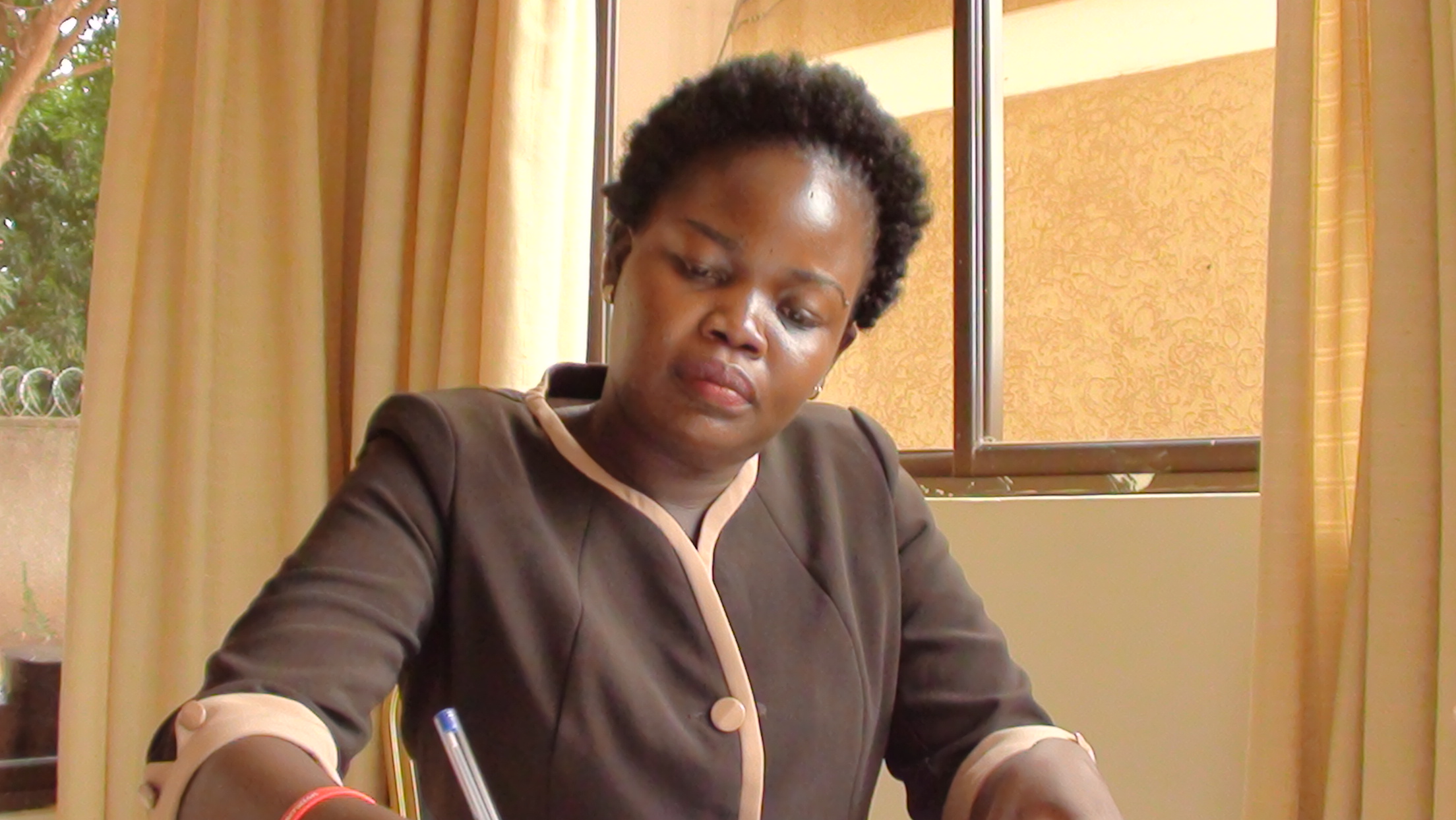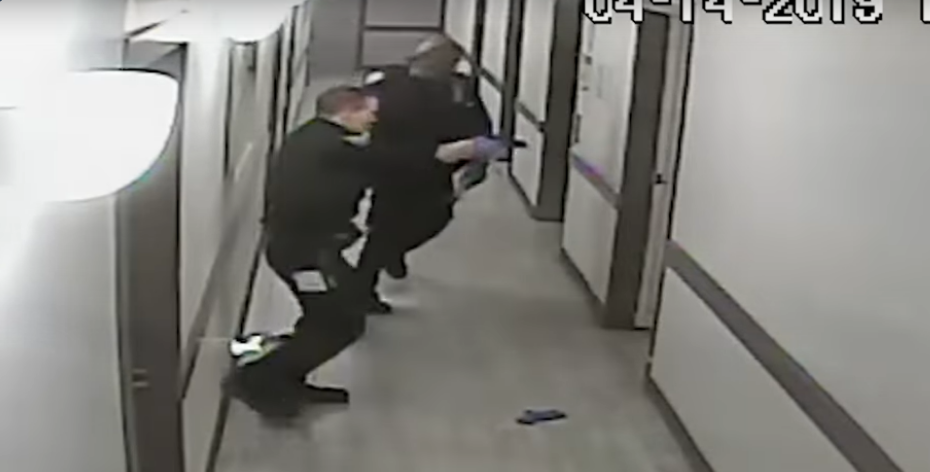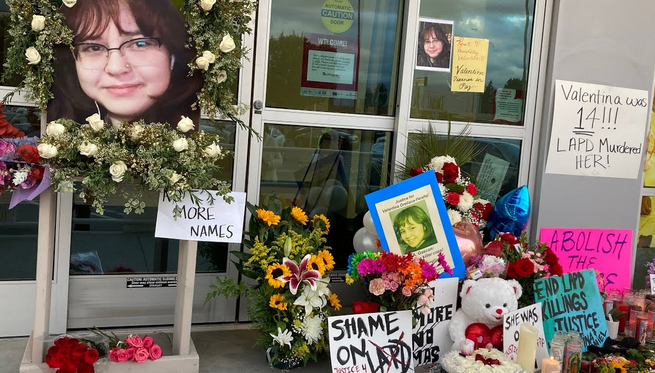Gulu-Uganda:Judicial officers in Gulu High Court Circuit on Friday asked stake holders and local leaders to sensitise the community on the benefits of mediation to reduce case back logs and hatred among people in Acholi sub region. This comes at a time when judicial officers and local leaders are battling land conflicts which leaders say has stifled agriculture in the region as most time is spent fighting and using traditional methods to win favors.
Speaking during an interface meeting between the formal and informal justice structures at Doves’ Nest Hotel in Gulu, the Grade one magistrate Selsa Biwaga says court is overwhelmed with cases that could be successfully concluded through mediation at lower levels before reaching the formal court. The meeting was organized by Action Aid Uganda, Gulu Cluster through Support from Action Aid Australia with funding from Australian government to implement a three year project in the districts of Amuru and Nwoya to enhance women’s rights to land, peace and justice.
Biwaga believes that court is overwhelmed by land related cases because mediation has not been embraced to serve its purpose to peacefully resolve conflicts.
“I have about 600 cases to hear and 90 percent are land related. But there are people who come to court when they are very negative about mediation. We are supposed to hear at least one witness per case but you find a case having 10 witnesses. That means 10 adjournments. This causes delay in justice and a huge backlog for the judicial officers since we are few,” says Biwaga.
Gulu High court circuit has two Grade one Magistrates handling civil cases at the Gulu court division that serves the entire 8 districts of Acholi sub region.
Biwaga adds that such perception can only be handled through constant community outreach programs to educate people about how court processes may take long to deliver justice due to procedures involved.
Biwaga articulates that the formal court system may not favor the poor in attaining justice.
“A lot is paid in court which can be avoided through mediation. People who go through mediation are happier. So Organisations and leaders should help sensitize on mediation.”
Meanwhile, Matthew Otto, Kitgum district senior land management officer, says there is a “clash” between the legal and traditional understanding of land which is causing conflict among the educated and the uneducated class of people in Acholi.
“In customary land ownership (the land tenure system for the Acholi), clans own the land and it is used under the clan structure and management. A clan is abstract, it owns people in the clan. That means the 3 Acholi categories, the living dead, living and those to be born in future own the land. In Acholi land is not sold because who would sign as the owner?” Otto asserts.
He says though leaders in Acholi are promoting registration of Customary land to have documents, the Certificate of Customary ownership, it will only put Acholi land on market and breed more conflict.
“Certificate of Customary land Ownership is a World Bank project. Why are leaders promoting what will make Acholi become landless since this is to enable Acholi land come to the market for anybody to buy from an individual. In Acholi, no individual owns land but the clan. We just use the land and leave for those yet to be born. If Acholi sell all their land to aliens, shall we not become squatters?” Otto wondered.
He argues that the legal system that recognizes land sales in the name of an individual with a document is a concept causing confusion among the community because agreements are signed with ignorance.
Thomas Oloya, a resident of Amuru centre in Amuru district told the meeting that there are tricksters in the community who are surviving on the ignorance of locals to get money during land related conflicts.
“There are many trickster lawyers in the villages persuading people to go to court. We are treating insecurity in courts because people do not understands the court system and the language the lawyers use is too confusing for a lay man to understand.”
Oloya adds that some poor people are resorting to traditional methods and violence because they do not understand the court system and many land cases take too long to end yet land is the major source of production for the majority poor in the villages.
“Since 2006 when we started returning to the camps, court cases are not ending and people are killing each other. You find families, relatives, with spears and pangas, fighting because of land.”
Oloya advised the legal officers to have precedents in Acholi land matters to avoid community misunderstanding of cases in court.
“Have precedents in Acholi land matters because our tenure system is different and our culture operates differently from the West where most of the precedents in land matters are set.”
Patrick Okello Oryema, Nwoya district Local Council V Chairman urged the judiciary to strengthen mediation as a strategy so that communities understand that even court allows mediation. He adds that mediation processes should be strengthened from grass roots by empowering the chiefs in the community who also have a vital role traditionally in mediating conflicts.
Oryema called for truth telling among elders for smooth mediation in land matters since they often act as key witnesses.
Mediation is an alternative dispute-resolution mechanism that allows parties entangled in a dispute find a quick solution with the assistance of a neutral third party.
The introduction of mediation in Uganda court system in 2013 was expected to help in swiftly settling cases.












